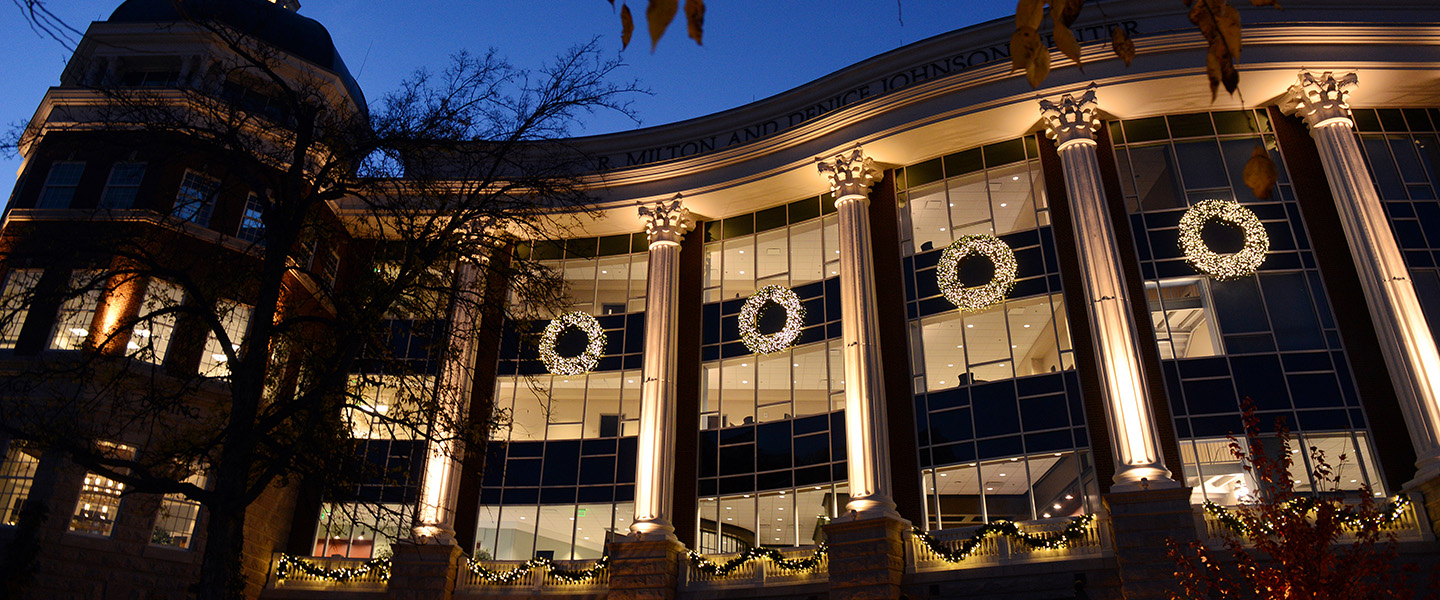Suggested Readings: Psalm 126; Habakkuk 3:13-19; Matthew 21:28-32
Suggested Readings: Psalm 126; Habakkuk 3:13-19; Matthew 21:28-32
I’ve always found it strange that Advent – a time of expectant waiting for Life to arrive – is celebrated at the darkest time of year, while Lent – a time of solemn awareness of our mortality – comes at the time when the earth is seemingly coming back to life and light in Spring. It’s almost as though our Christian calendar is in direct contradiction with nature’s calendar in these seasons; the cycles of the earth tell us one thing, and liturgical celebration tells us another. Is this a mistake, an oversight? Or is there something to be learned from the dissonance?
Both Advent and Lent are times of waiting for something we know for sure has already happened, yet we need to happen again. In two of our scripture passages for today, Psalm 126 and Habakkuk 3:13-19, I am reminded that Christian hope always has a bit of this time-paradox built into it. Hope is an anchor in the past and in the future, even while we wait in the present. The Psalm starts in the past tense, “When the LORD restored the fortunes of Zion…” moves into the present tense, “we are glad,” then into the future tense, “Those who sow in tears shall reap with shouts of joy!” In Habbakkuk, we see a similar progression: “You went out…you trampled the sea with your horses…” (past tense) “My legs tremble beneath me…” (present) “I will take joy in the God of my salvation” (future). There’s something going on here that is not contained by linear time, not limited by present experience, not confirmed with momentary sensory observation. There’s an assurance of both past experience and future expectation, together offering a new lens through which to understand the present moment.
Maybe Advent at the darkest time of year is an invitation to trust that darkness doesn’t have the final word, despite all evidence to the contrary. After all, as any gardener or farmer knows, seasons of darkness are absolutely guaranteed to result in seasons of light, growth, and harvest later on. We know because it has happened every year in the past, and because we trust the world to continue in its cycles next year. An anchor in the past, and an anchor in the future.
The darkest day of the year, the winter solstice, is coming up in just a few days, on December 21st. Despite our natural inclinations to believe our present wintery darkness will last forever, the solstice can be a day of hope. In fact, for many years my family has celebrated the winter solstice precisely for this reason: the days are only getting longer from here. Light is coming! May you look around at all the darkness outside today and rest assured that light is indeed on its way to you.
Jordan Mason

